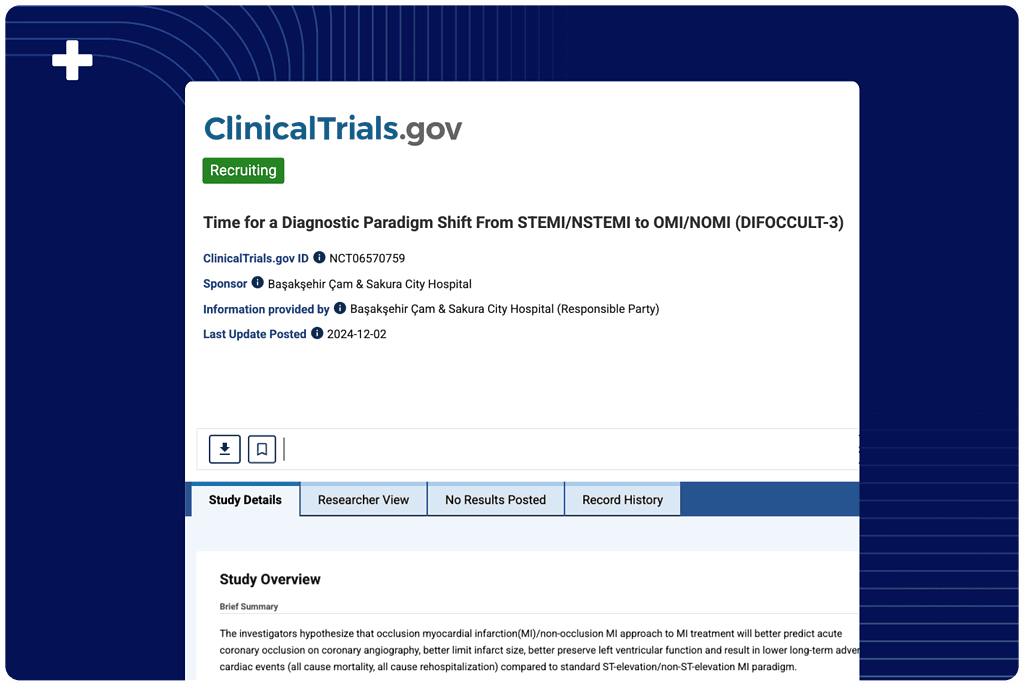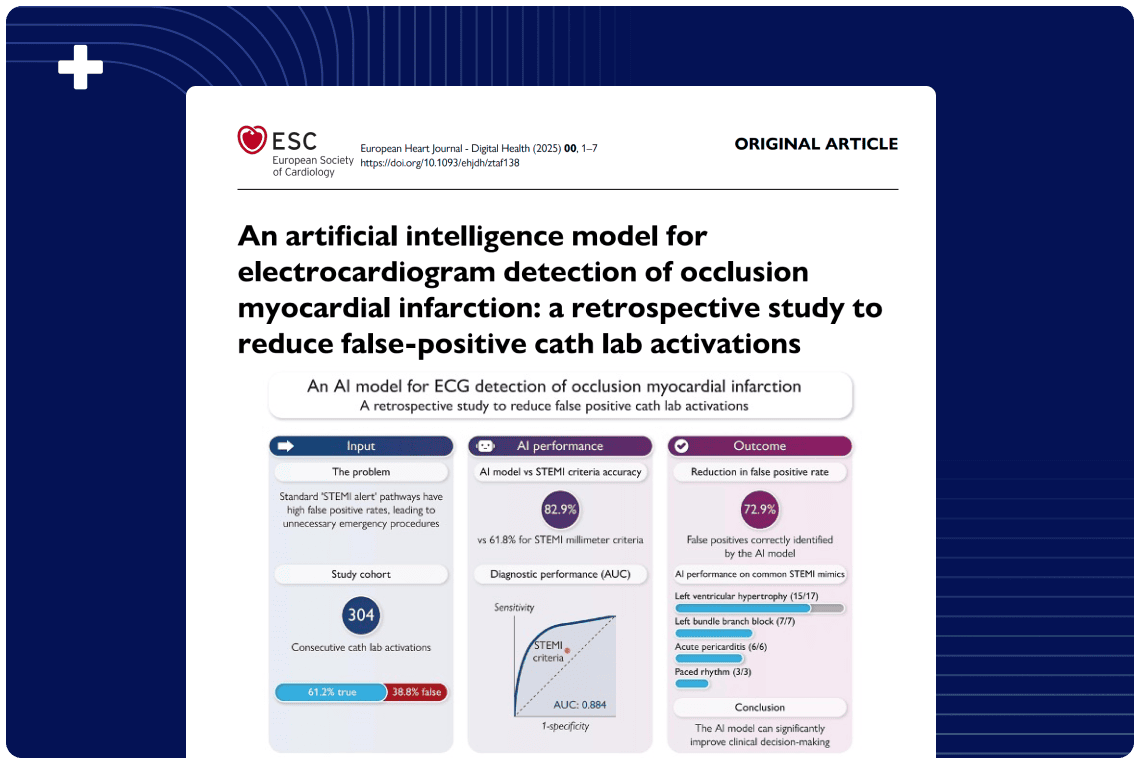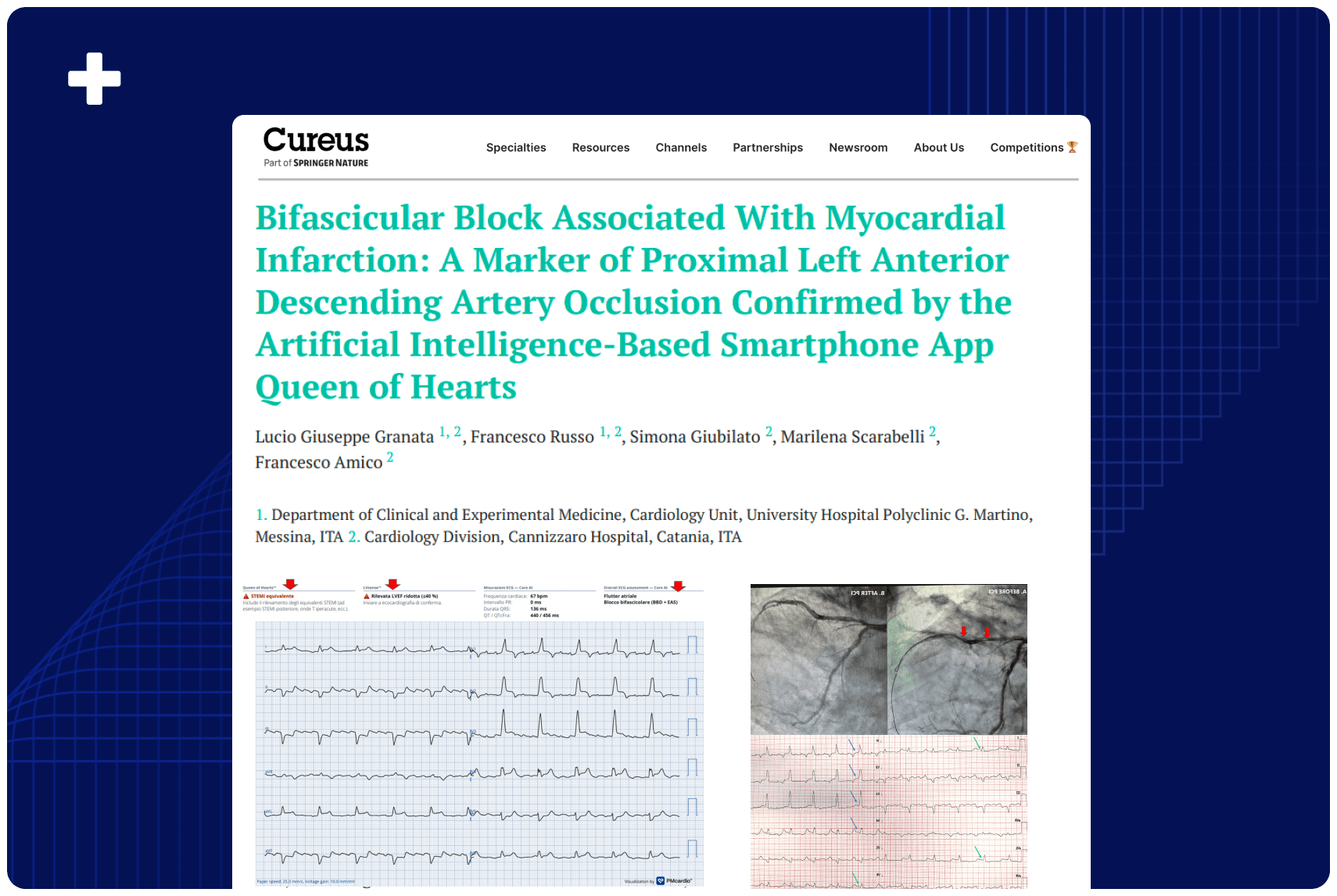Summary
DIFOCCULT-3 is a randomized controlled study actively enrolling patients across 18 sites in Turkey. It evaluates AI-assisted ECG interpretation in detecting high-risk heart attack patterns.
By comparing traditional STEMI/NSTEMI classification with an occlusion/non-occlusion (OMI/NOMI) model, the trial aims to improve acute coronary occlusion detection. The primary composite endpoint includes all-cause mortality and all-cause re-hospitalization at 1-year follow-up, assessing its impact on long-term patient outcomes.
| Study Design | Randomized Controlled Trial (RCT) |
| Status | Enrolling patients |
| Countries / Sites | 1 (Turkey) / 18 |
| Study Start | October 1, 2024 |
| Primary Completion (estimated) | October 1, 2025 |
| Enrollment (target) | 6,000 |
| clinicaltrials.gov ID | NCT06570759 |
















